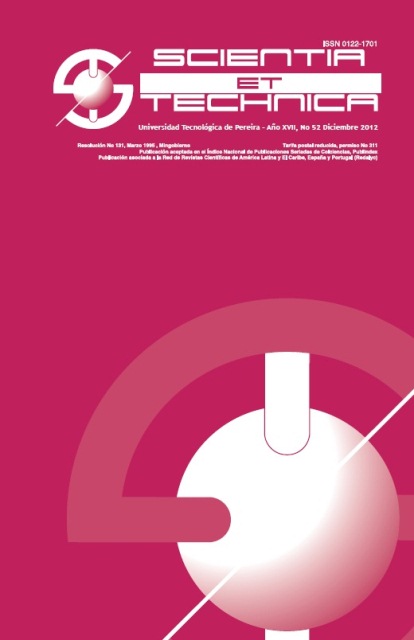Aprovechamiento del modelo 4Q en determinacion del perfil de aprendizaje de estudiantes de Ingenieria
DOI:
https://doi.org/10.22517/23447214.1361Keywords:
modelo 4Q, aprendizaje, cerebro, Ingenieria de sistemasAbstract
Resumen--- El presente artículo establece una relación entre el modelo de preferencias de pensamiento llamado 4Q formulado por Ned Herrmann y los procesos de aprendizaje en Ingenieria a través de un instrumento que ha sido utilizado en diferentes cursos de Introducción a la Programación de un programa de Ingenieria de Sistemas y Computación. En su contenido se destaca no solo la manera de conceptualizar dicho modelo 4Q a la luz de las caracteristicas de pensamiento de un estudiante de Ingenieria de Sistemas sino también la forma de capitalizarlas a partir de la utilización de un instrumento que permite hacer una aproximación a conocer el perfil de pensamiento de cada alumno de cara al mejoramiento del aprendizaje.Downloads
Downloads
-
Vistas(Views): 973
- PDF (Español (España)) Descargas(Downloads): 1244
Published
How to Cite
Issue
Section
License
Copyrights
The journal is free open access. The papers are published under the Creative Commons Attribution / Attribution-NonCommercial-NoDerivatives 4.0 International - CC BY-NC-ND 4.0 license. For this reason, the author or authors of a manuscript accepted for publication will yield all the economic rights to the Universidad Tecnológica of Pereira free of charge, taking into account the following:
In the event that the submitted manuscript is accepted for publication, the authors must grant permission to the journal, in unlimited time, to reproduce, to edit, distribute, exhibit and publish anywhere, either by means printed, electronic, databases, repositories, optical discs, Internet or any other required medium. In all cases, the journal preserves the obligation to respect, the moral rights of the authors, contained in article 30 of Law 23 of 1982 of the Government Colombian.
The transferors using ASSIGNMENT OF PATRIMONIAL RIGHTS letter declare that all the material that is part of the article is entirely free of copyright. Therefore, the authors are responsible for any litigation or related claim to intellectual property rights. They exonerate of all responsibility to the Universidad Tecnológica of Pereira (publishing entity) and the Scientia et Technica journal. Likewise, the authors accept that the work presented will be distributed in free open access, safeguarding copyright under the Creative Commons Attribution / Recognition-NonCommercial-NoDerivatives 4.0 International - https://creativecommons.org/licenses/by-nc-nd/4.0/deed.es license.



